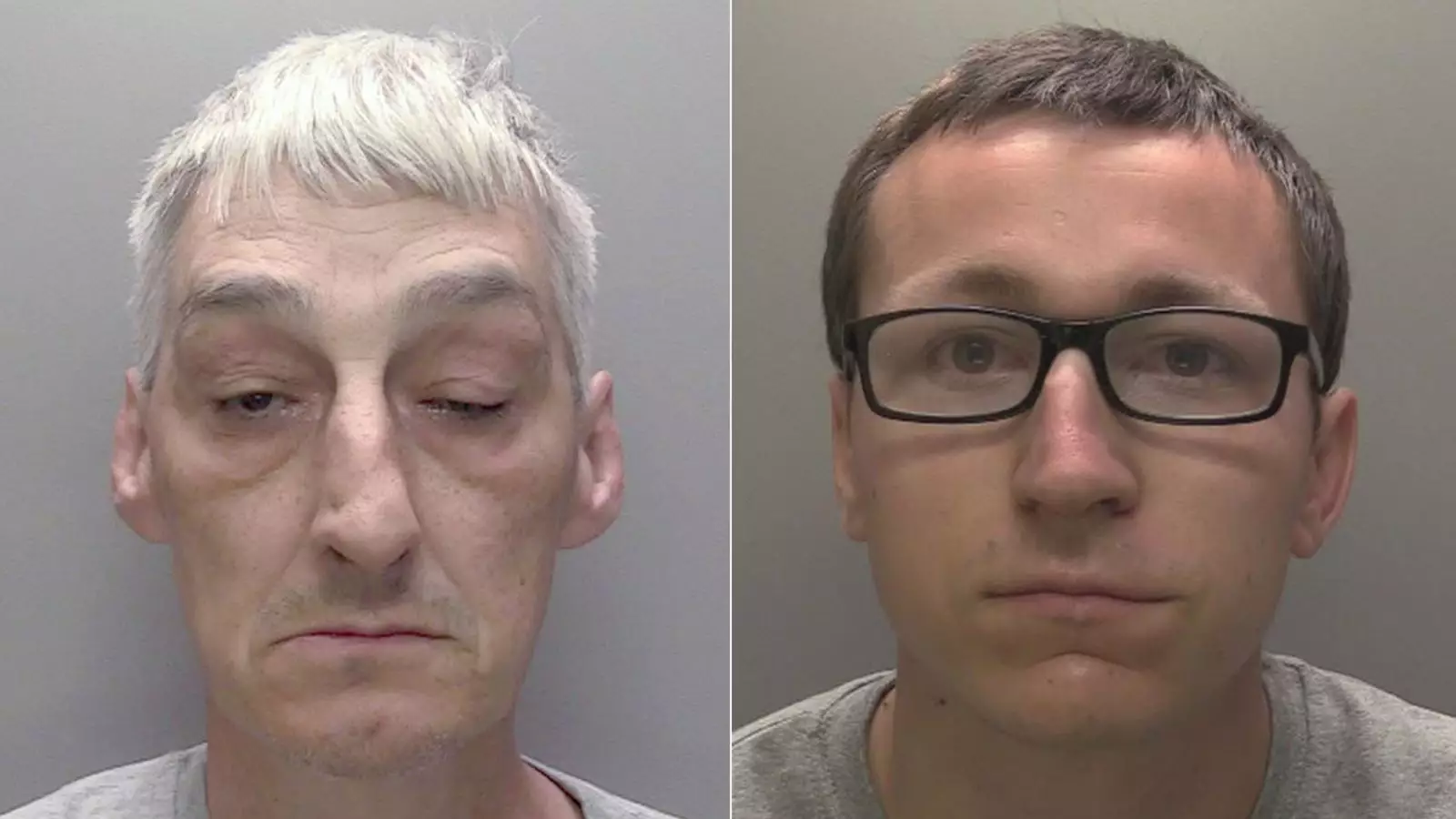Two men have received the longest jail terms so far over the recent violent disorder in England and Northern Ireland. David Wilkinson, 48, was sentenced to six years behind bars after having a “prominent role” in riots that gripped Hull on 3 August. He forced three terrified Romanian men from their car. Wilkinson was part of a “baying mob” that left a BMW driver in fear for his life when more than 100 “angry” men descended on him and his two cousins, Hull Crown Court heard. The group tried to drag them from the vehicle, before punching him in the head and attempting to hit him with a metal bar. Also during the disorder, Wilkinson spat, threw missiles and pushed wheelie bins at a police line protecting a hotel known to house asylum seekers. Meanwhile, John Honey, 25, received four years and eight months behind bars after he also helped attack the BMW, targeted a garage leaving nine vehicles damaged, and pushed bins at police lines during the unrest. He went viral online for his looting rampage of Lush, O2 and Shoezone in Hull while wearing an England flag shirt.
Elsewhere, a man who wore a “dad number 1” England football shirt as he led an “angry and intimidating” mob through Blackpool has been jailed for 30 months. Roger Haywood encouraged a group to follow him to various locations around the seaside resort town, including the Cenotaph and the Tower, on 3 August, a court heard. Haywood repeatedly verbally abused officers while the area was busy with families, said Lancashire Police, adding he assaulted officers during his arrest. The 41-year-old was part of a group which confronted police in a shopping area during the unrest. Haywood’s involvement included attempting to pull the shutters up of a store and assaulting a member of security, Preston Crown Court was told. He was jailed after previously pleading guilty to two counts of assaulting an emergency worker and violent disorder. A video posted on social media by Lancashire Police shows the man wearing an England shirt – with “Dad 1” on the back – while being arrested. Judge Robert Altham told Haywood: “You repeatedly approached the police line, jabbing a finger at them and ignoring their many requests to move away.”
Further Prosecution and Consequences Across the Country
Forces across the country continue to pursue those alleged to have played a role in riots that rocked towns and cities in England and Northern Ireland in the wake of the fatal stabbings of three children in Southport. According to the Ministry of Justice, a total of 460 people have appeared in magistrates’ courts on charges relating to the disorder as of Thursday 15 August. At least 72 people under 18 years old are believed to have been charged, including a 13-year-old girl who pleaded guilty to threatening unlawful violence outside a hotel housing asylum seekers in Aldershot, Hampshire. Of those charged who are under the age of 18, the youngest so far are two 12-year-old boys, both of whom have pleaded guilty to the charge of violent disorder. The oldest person to be charged so far is William Morgan, 69, of Walton in Liverpool. It is clear that the consequences of these violent acts are severe and reach individuals of all ages and backgrounds.
The recent violent disorder in England and Northern Ireland has had far-reaching consequences for all involved. From the individuals who actively participated in the riots to those who faced the wrath of their actions, the damage caused by such unrest is significant. The justice system is holding those responsible accountable for their behavior, regardless of age or background. It serves as a reminder of the importance of maintaining order and respect within society. Moving forward, it is crucial for communities to come together to prevent such incidents from occurring and to promote peace and understanding among all individuals. The consequences of violent disorder are not isolated to those directly involved but impact society as a whole. It is a collective responsibility to ensure that such events do not become a recurring issue in the future.


Leave a Reply